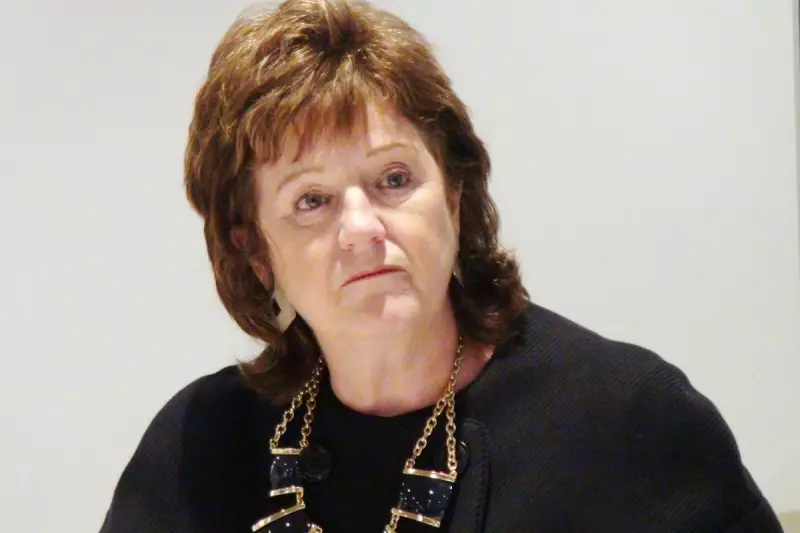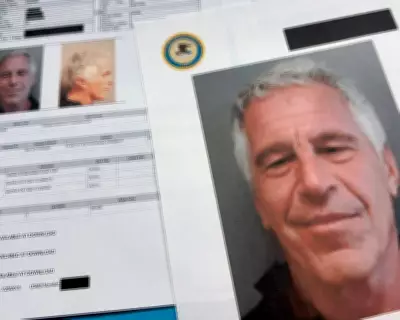
Three years after its establishment, Britain's Independent Inquiry into Child Sexual Abuse (IICSA) faces growing criticism from survivors and legal experts who claim the process is failing those it was designed to help.
The landmark investigation, launched to examine how institutions across England and Wales handled child sexual abuse allegations, has been plagued by delays and controversies that have left many survivors questioning whether they will ever see meaningful change.
Mounting Frustration Among Survivors
Hundreds of victims who courageously came forward with their stories now express deep disappointment with the inquiry's progress. Many report feeling sidelined and frustrated by the slow pace of investigations and lack of tangible outcomes.
'We're being retraumatised by the delays,' said one survivor who testified before the inquiry. 'Every day we wait for answers is another day we live with the pain of what happened to us.'
Institutional Hearings Remain Incomplete
Despite three years of work, several crucial institutional investigations remain unfinished. The inquiry has examined multiple organisations including religious institutions, local authorities, and educational establishments, yet conclusive findings and recommendations for many sectors are still pending.
Legal representatives for survivors highlight that the extended timeline is causing additional distress to those who have already waited decades for acknowledgement and justice.
Leadership Changes and Structural Challenges
The inquiry's path has been marked by significant leadership changes, with two chairs resigning since its inception. These transitions have contributed to procedural delays and raised questions about the inquiry's stability and direction.
Current chair Professor Alexis Jay faces the challenging task of steering the inquiry forward while maintaining confidence among survivor groups and the wider public.
The Road Ahead
As the inquiry enters its fourth year, pressure mounts for concrete outcomes that will lead to genuine institutional reform. Survivors and advocacy groups emphasise that the ultimate measure of the inquiry's success will be whether it produces meaningful changes to protect future generations from similar abuse.
The coming months are seen as critical for demonstrating that the substantial investment of time, resources, and emotional capital from survivors will yield the transformative results originally promised.





